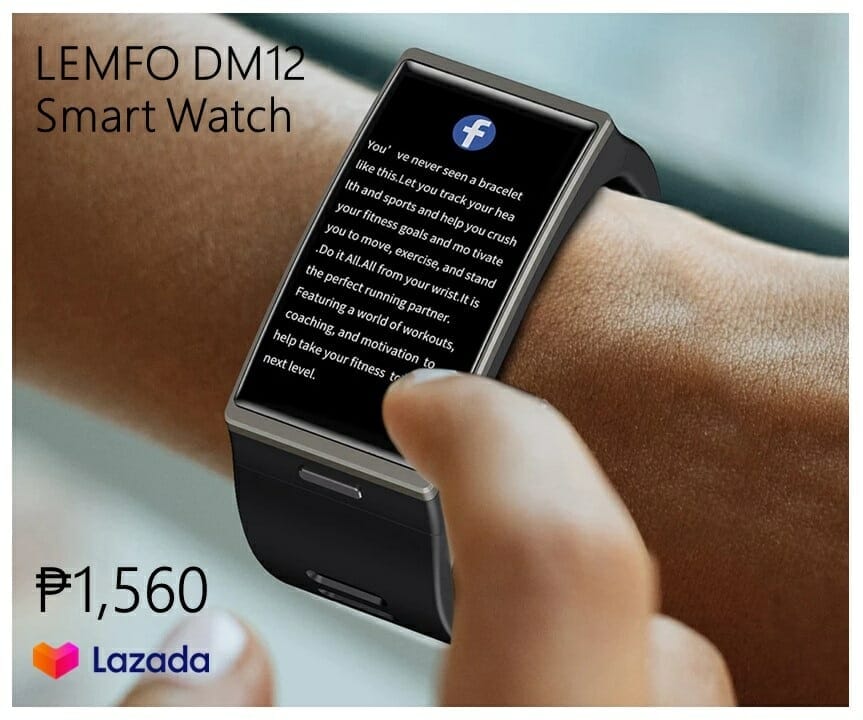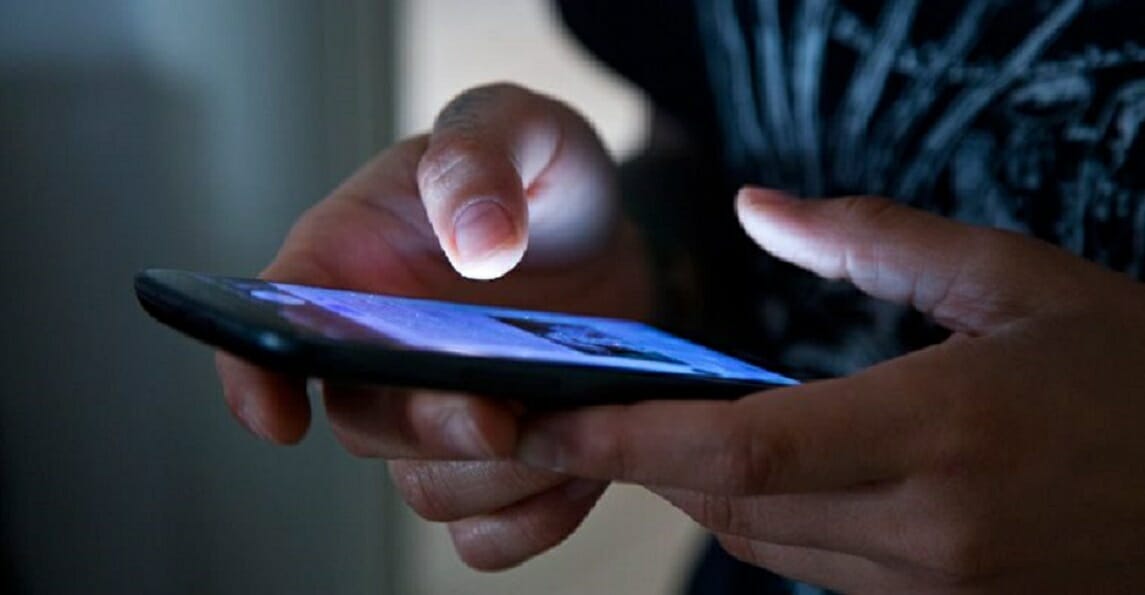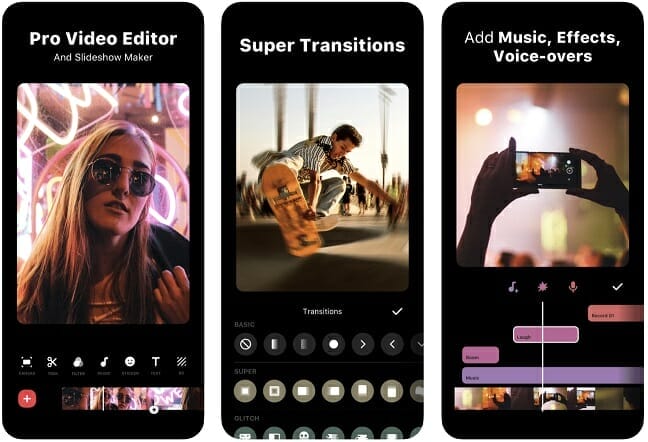Influencers, the saints of the digital age, now serve as a guide through the modern world of consumerism. They have become a ubiquitous presence on the Internet, the universal and far-reaching advertisers and marketers, as well as fashion, beauty, and style icons. They’re well-known personalities on various platforms and commonly have a niche they focus on. Influencers are the ones young adults now look up to, and it all seems validated, right? These trend-setters are doing anything to promote and sell the best products, services, and lifestyle ideas to their loyal audience, and no one seems to have a problem with that. Many established brands still prefer to work with them for promotions or events to drive their Instagram growth and overall visibility on social media platforms.

However, if we look closely behind the scenes at what being an influencer means, maybe we’ll paint a different picture. It is not all milk and honey in the world of the so-called influencers. Rather than being these ever-present, perfect beings, influencers are receiving bad press recently, due to cases of scams, lying, bad treatment of clients, and overall questionable behavior. Because they hold significant influence and reputation, the moment they make a mistake, they’re viewed by the public with a more critical eye than the average Joe. For example, you could observe the cases of Jacklyn Hill, Tati, and James Charles. One would even say that people might lose their trust in influencers, right? Nevertheless, everyone still seems to consume their content regardless of these cases of unbelievable disregard for audience and clients and open money hunger. Why is that so?

Honesty?
Influencers usually strike us as honest and reliable. They seem to be driven by their true passions, and don’t get me wrong; there are incredibly talented and good influencers who promote EssayShark as one of the best college paper writing services. But, what happens when all the ‘honesty’ talk dries out and all we’re left with is another sketchy product or a scam? Well, nothing. Around 86% of women trust the Instagram influencers they follow, even if they were involved in a scandalous scam. A staggering 90% of Instagram users trust peer recommendations, and over 70% of YouTube users trust more influencers than they trust traditional celebrities.

But are these influencers really that honest? I wouldn’t say so. Most are paid big money to promote other companies’ products and services. In some cases, the items influencers advertise on their accounts don’t meet the expectations of their audience. Those who promote their products, well, they have taken the role of a self-advertiser. No matter who they’re promoting, they will receive the money. Of course, they will say all the best things about a certain product. Why? They were paid to do so and are obliged by a contract. They may not be able to have any negative reviews on the product they’re advertising. This practice could mislead people and encourage them to patronize a brand with poor-quality goods. As a result, people who follow them blindly increase their profit, as Instagram is an amazing marketing place. Instagram marketing is a level on its own, so no wonder these influencers receive thousands of dollars for one-post promotions. Who wouldn’t be honest about the promoted products with all these numbers going on?
One of The People
Social media influencers are now seen as regular people in the media whom people seem to love and support. A considerable number of people follow them due to their relatability and seemingly simple lives. So, there is no longer a need for ultra-famous, untouchable stars for us to admire and look up to. Nowadays, everyone can be an influencer as long as they abide by the rules of the Internet.
According to recent research carried out by Twitter, we do not only see influencers as part of people, but also, we see them as our friends. This may be influenced by how internet personalities address their audience. It’s not unusual for influencers to communicate with their followers or produce content that feels like a simple conversation. Hence, their audience feels more involved in their lives and sees them as relatable than A-list celebrities. Around 40% of participants in the research have admitted to buying a product solely because their favorite YouTube, Instagram, or Twitter influencer endorsed, promoted, or sold it. Around 20% of the participants admitted sharing the content of their favorite influencers on social media, and the rest simply enjoyed their content without direct monetary investment or consumption.

I believe influencers’ rise is rooted in young people’s need for accessibility. Influencers have enabled users to pick and choose while establishing a friendly connection. They make us feel at home with their content, lure us in, and we simply buy the story. Coming from different backgrounds, their success inspires us to make a ‘meaningful’ investment as a form of support just as we would do with our actual friends.
However, it’s essential to know that influencers are professionals who curate their content to appeal to their target audience instead of friends. This way, social media users can become more critical about who they trust online.
Does everyone trust?
Of course, not everyone trusts the influencers. Even though the percentage of people who do is staggering, there still are people who are not as naïve and gullible. There is, namely, several millennials who are slowly but surely losing their trust in influencers. They have recognized that the influencer landscape has become largely commercialized and too mainstream to be trustworthy. Traditional trust indicators, such as the number of followers or likes on a post, have become less reliable. Followers and likes can be bought, so they are not a trustworthy indicator of an influencer’s relevance and influence.

Influencers can manipulate numbers, statistics, and information, as the audience cannot get insight. What you see has become ‘what you don’t get,’ and millennials seem slowly picking up in the game. The trust gap between the audience and millennials might decrease in the years to come. However, I don’t see it as disappearing completely. Those who trust influencers will always outnumber those who don’t. Why? Because it is hard to prove that an influencer is a scammer, and fairly enough, not every influencer is one. Also, it is easier to trust and think of someone as a friend rather than the enemy. Either way, as the digital age progresses, it will be harder to differentiate between good and bad influencers. It is simply up to us as consumers to choose whether we’ll follow them.



















